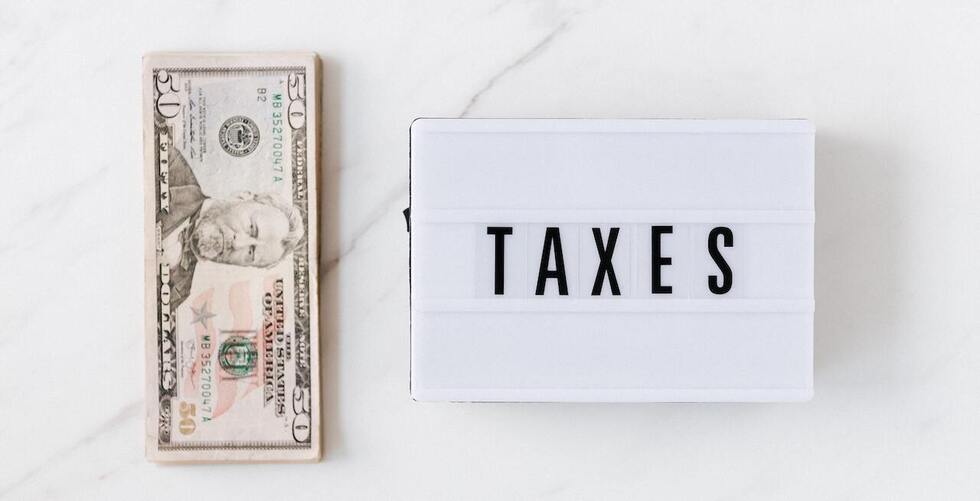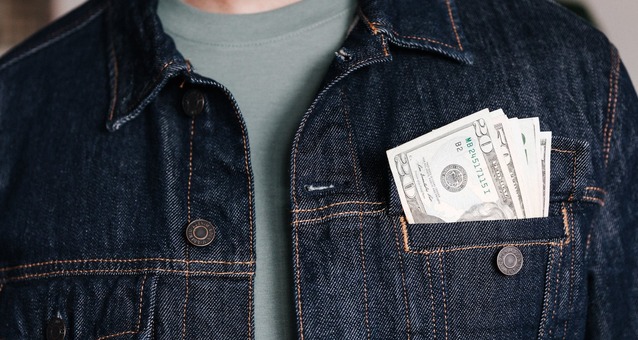Form 1099-K threshold rollback: $600 rule reversed in latest tax reform

In a welcome shift for millions of taxpayers and payment platforms alike, the recently passed One Big, Beautiful Bill has scrapped the controversial $600 Form 1099-K reporting threshold.
Starting in tax year 2025, the original threshold of $20,000 in gross payments AND 200 transactions per year has been officially reinstated.
This rollback undoes one of the most hotly debated tax compliance changes of the past several years – and it’s big news for online sellers, casual resellers, gig workers, and platforms like PayPal, Venmo, Etsy, and others.
A quick rewind: what changed, and why
The $600 threshold that never really arrived
Initially included in the American Rescue Plan Act of 2021, the lower 1099-K threshold was meant to close tax gaps by flagging more digital income.
It required platforms to report any user earning $600 or more, regardless of how many transactions they had.
The IRS delayed enforcement due to massive backlash:
- Taxpayer confusion over casual payments vs. taxable income.
- Administrative burden for platforms suddenly required to issue millions more forms.
- Paperwork overload for taxpayers selling used items, splitting bills, or reimbursing friends.
Pushback from all sides
Groups like the AICPA and trade associations argued that the rule would burden small businesses and gig workers without meaningfully improving tax compliance.
Reddit threads filled with frustrated users went viral. And platforms themselves warned that processing and sending so many 1099-Ks would strain systems without significant benefit.
What the new law does
Pre-2022 reporting standard reinstated
Under the updated tax bill, third-party settlement organizations (TPSOs) are once again required to send Form 1099-K only when BOTH of the following are true in a calendar year:
- The payee receives more than $20,000 in gross payments, and
- The payee completes 200 or more transactions.
What counts as a TPSO?
Think:
- Payment apps like PayPal, Venmo, Zelle, Cash App;
- Online marketplaces like eBay, Etsy, StubHub;
- Gig platforms like Airbnb, Upwork, TaskRabbit.
What it means for you
For casual users and online sellers
If you occasionally sell on eBay, flip furniture on Facebook Marketplace, or collect payments through Venmo – you’re far less likely to receive a 1099-K under the reinstated thresholds.
That means:
- Less paperwork;
- Lower risk of IRS letters about “unreported income”;
- Fewer tax season surprises.
For third-party platforms
Companies previously bracing for mass 1099-K generation now breathe a little easier:
- Fewer forms to issue = lower costs.
- Better customer experience with clearer income boundaries.
For the IRS and tax professionals
- The IRS avoids an avalanche of new filings for low-dollar accounts.
- Tax professionals can return focus to actual business income, not one-off used couch sales.
Common questions, cleared up
1. Do I still have to report income if I don’t get a 1099-K?
Yes. All taxable income must be reported, even if you don’t receive a form. The absence of a 1099-K doesn’t mean the IRS can’t audit or assess tax due.
2. What if I sell my used items for less than I paid?
You typically don’t owe tax on losses from selling personal items. But if you receive a 1099-K anyway, you’ll need to document that you sold at a loss and didn’t generate profit.
3. Will this rule stay?
The reinstatement is permanent for now – but tax rules evolve. TFX will continue to monitor and update clients on all relevant changes.
Final thoughts: less stress, same responsibilities
This 1099-K threshold rollback is good news. It balances IRS oversight with reasonable compliance – and reduces confusion for casual sellers and expats alike.
But NOTE: income is income. Whether or not a form arrives, it’s your responsibility to report correctly.
At TFX, we work with you to ensure nothing slips through the cracks – so you can focus on running your business, not decoding IRS changes.




